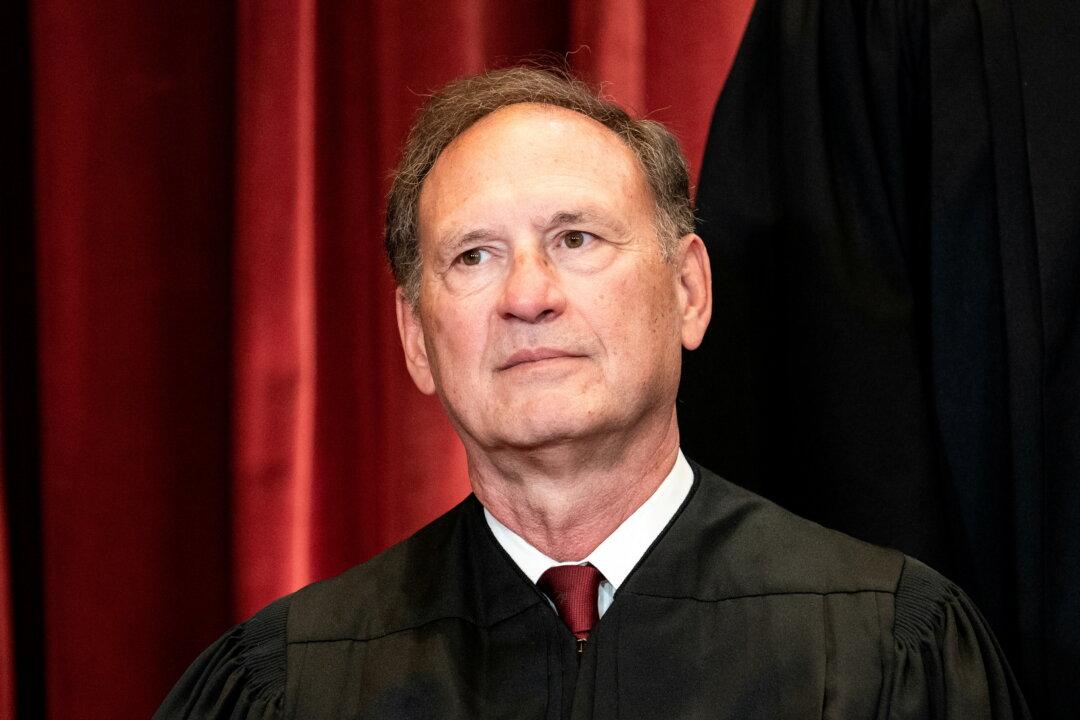The Supreme Court unanimously ruled against an Alabama man whose trade secrets theft conviction in Florida for stealing proprietary fishing information from a Florida-based website was vacated because his trial took place in the wrong state.
The ruling means that the government is free to retry an already convicted defendant even if he was tried in the wrong venue.





